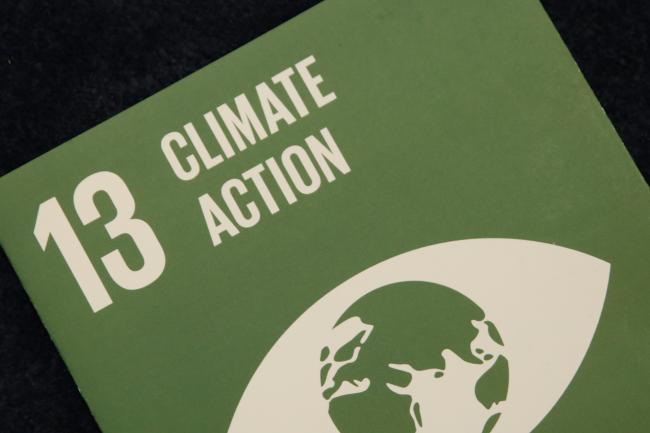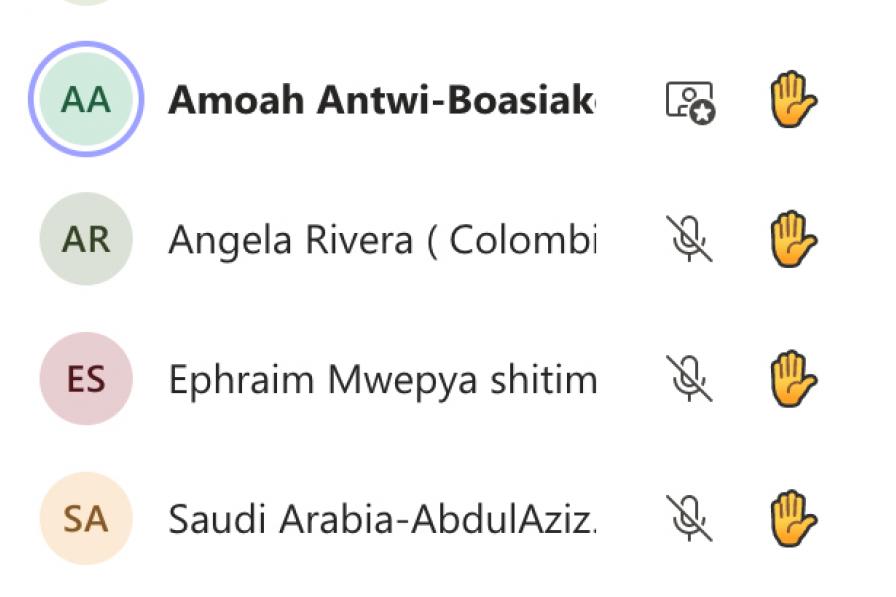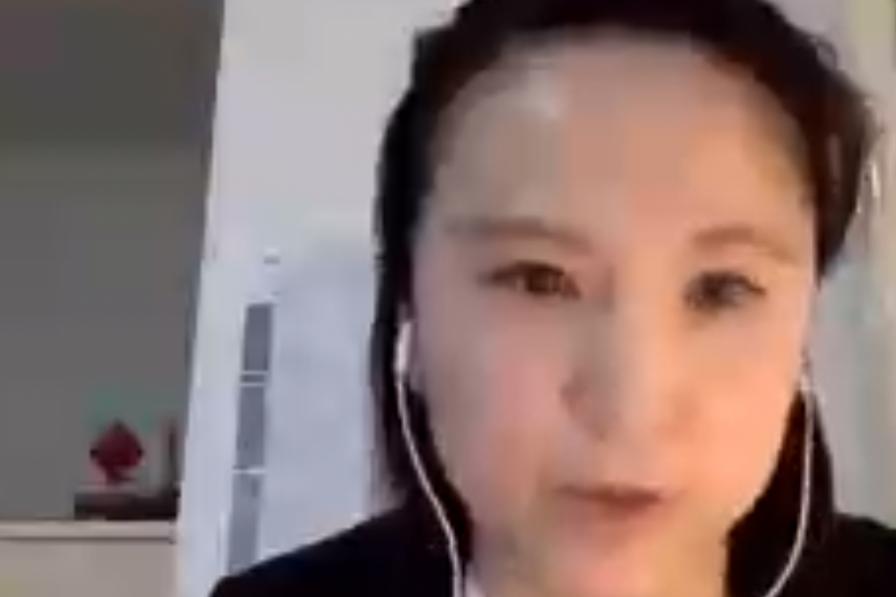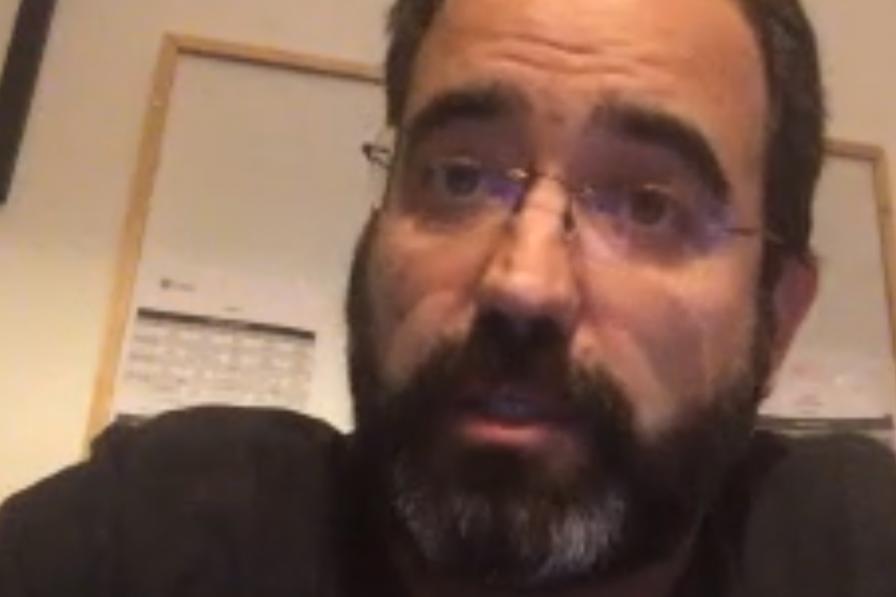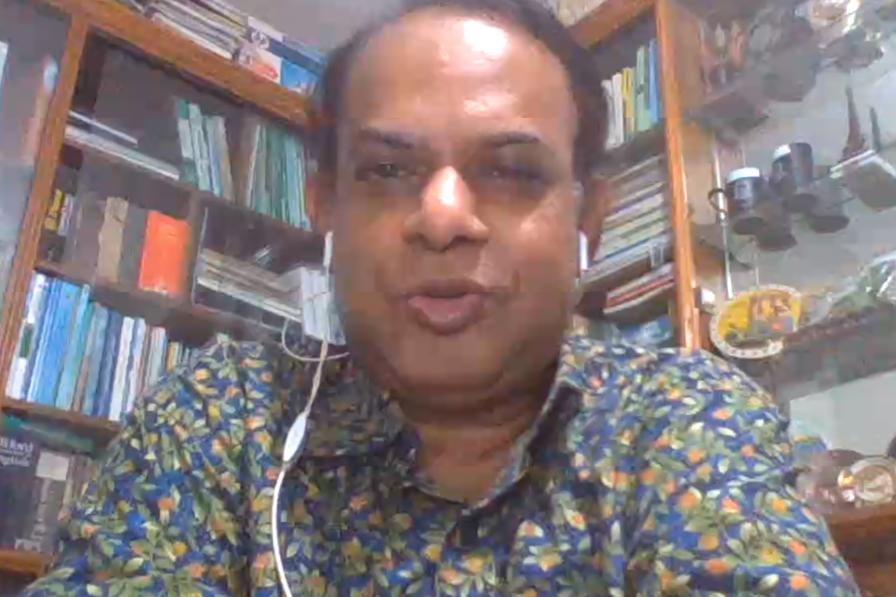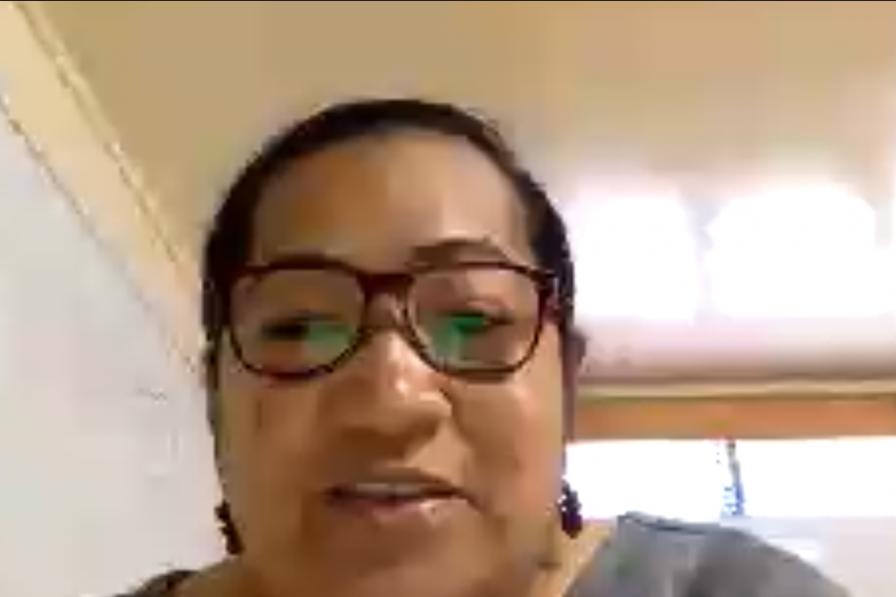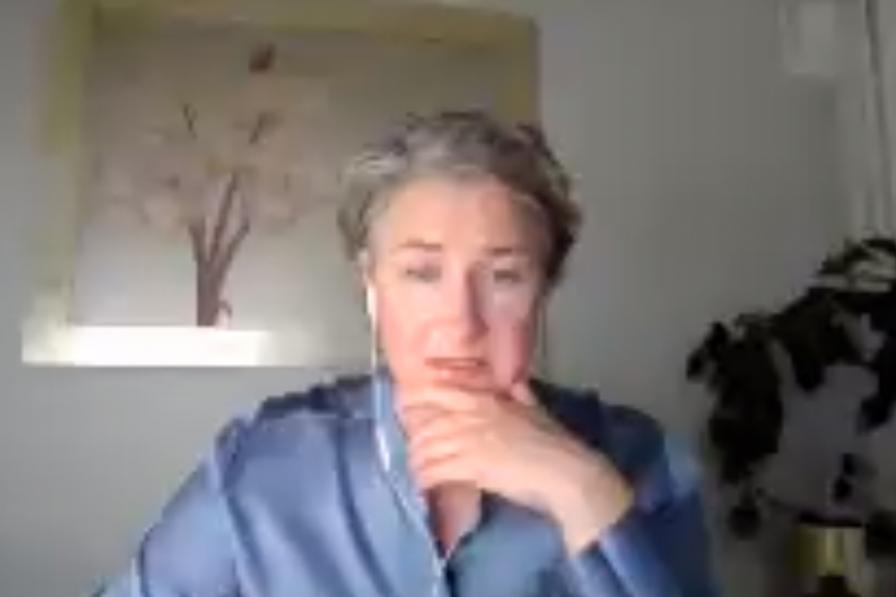The May-June 2021 UN Climate Change Conference is now more than halfway through its virtual discussions to prepare for the 26th meeting of the Conference of the Parties (COP 26) in Glasgow, Scotland, scheduled for November 2021.
Delegates engaged in the second and even third session of informal consultations on a number of issues, including on common time frames for nationally determined contributions (NDCs), common tabular formats for tracking NDC progress, and adaptation. The Paris Committee on Capacity-building also held its fifth meeting.
Common tabular formats for support under Articles 9–11 of the Paris Agreement
Delegates exchanged views on an informal note prepared by the Co-Facilitators. It encompasses draft tables and elements for discussion, including on summary tables, consistency across tables, the use of documentation boxes, and the issue of climate-specificity.
Some parties saw value in having summary tables, while others cautioned that discussions on what to include in them would be complex and could delay the process. Several parties underscored that no column should be deleted, and where a party does not provide information, they should provide a justification for that in a documentation box. Several developing country groups called for adding a column on support for loss and damage, especially in terms of support needed and received. Other points related to reporting in grant equivalent amounts and how to provide information on underlying assumptions and methodologies. The Co-Facilitators indicated they would issue a new iteration of the informal note.
Sources of input for the global stocktake under the Paris Agreement
In this third session of informal consultations, the Co-Facilitators introduced a first iteration of an informal note and invited parties to provide comments. Several developed country parties said the note captured the group's discussions well and was a good basis for work going forward. Developing countries expressed disappointment, calling for the note to reflect all views and positions that had been expressed in informal consultations and submissions.
Discussion centered around proposals to include clearer links to the additional sources of input countries had suggested, and to include a bullet point regarding the provision of support by the Secretariat to help developing country parties and non-party stakeholders provide inputs into the global stocktake. Several developing country groups expressed strong concern the note as presented gave the impression discussions reached a consensus, stating that in their view they did not.
The Co-Facilitators indicated they would issue a new iteration of the informal note.
Common Time Frames for NDCs
Some parties requested the options they articulated in Madrid at COP 25 be added to the informal note prepared by the Chair of the Subsidiary Body for Implementation. These included differing time frames for the mitigation, adaptation, and means of implementation components of NDCs, and differing time frames for developed and developing countries. Others stated their preference to streamline options or delineate clear options for Ministers in Glasgow. Several countries stated their preference for five-year time frames in line with the ambition mechanism of the Paris Agreement. Some expressed a willingness to explore a “5+5” option that could involve a 10-year time frame updated at five years. Others preferred an option for parties to choose a 10-year time frame.
Common tabular formats for tracking NDC progress
In this third session of informal consultations, the Co-Facilitators presented a first iteration of an informal note and invited delegates to comment upon it. Several groups noted the informal note was circulated two hours before the session, stressing a lack of time to coordinate.
Several developed country parties said an option for non-tabular formats, or a combination of formats, should not be reflected in the note, stressing the development of non-tabular formats is outside the item's mandate. Others underscored the need to retain the option, stressing a diverging interpretation of the mandate. Views also diverged on whether to have different indicators to track the progress and achievement, respectively, of NDCs; and whether to have a separate table for parties that choose not to participate in cooperative approaches under Article 6 (market and non-market approaches).
The Co-Facilitators said they would prepare a revised version of the informal note, along with a version of the tables in Excel format, and invited parties to provide written submissions within 36 hours following the close of the session.
Review of the Adaptation Fund
Delegates exchanged views on the second iteration of an informal note prepared by the Co-Facilitators. Many stated the note does not capture the extent of convergence between parties. All expressed support for using the terms of reference from the third review for the fourth review, with some amendments. Key amendments relate to reflecting that the Fund now also serves the Paris Agreement, among others, by:
- inviting submissions by parties to the Paris Agreement that are not parties to the Kyoto Protocol; and
- adding a reference to the effect that the Conference of the Parties serving as the meeting of the Parties to the Paris Agreement considers the outcome of the review.
Developing countries underscored their view that discussions on board membership or eligibility criteria are beyond the scope of the review. Delegates discussed the timeline for the review, with many noting the informal nature of the meeting as well as the short timeline until COP 26 precludes its conclusion in 2021. Delegates engaged in a lengthy exchange on the way forward. The Co-Facilitators indicated their intention to request an additional session of informal consultations with a view to discuss a new iteration of their informal note.
To receive continuing coverage of this event delivered to your inbox, subscribe to the ENB Update newsletter.
